How to Lose Weight Fast and Safely: Expert Tips and Tricks

- Introduction to Weight Loss:
- Define weight loss: Explain what weight loss is and why it’s important for overall health.
- Importance of safety and sustainability: Emphasize the need for a healthy approach to weight loss to avoid negative consequences.
- Guide overview: Provide an outline of what readers can expect to learn in the following sections.
- Understanding Weight Loss:
- Calories and energy balance: Explain how weight loss occurs when you consume fewer calories than you expend.
- Factors influencing weight loss: Discuss the role of diet, exercise, metabolism, genetics, and other factors in weight management.
- Setting realistic goals: Encourage setting achievable and sustainable weight loss goals based on individual needs and preferences.
- Nutrition for Weight Loss:
- Balanced diet: Discuss the importance of consuming a variety of nutrient-dense foods to support overall health and weight loss.
- Creating a calorie deficit: Provide tips for reducing calorie intake through portion control, meal planning, and choosing lower-calorie options.
- Macronutrient breakdown: Explain the role of carbohydrates, protein, and fat in the diet and how to balance them for weight loss.
- Whole foods vs. processed foods: Encourage choosing whole, unprocessed foods over highly processed options for better nutrition and satiety.
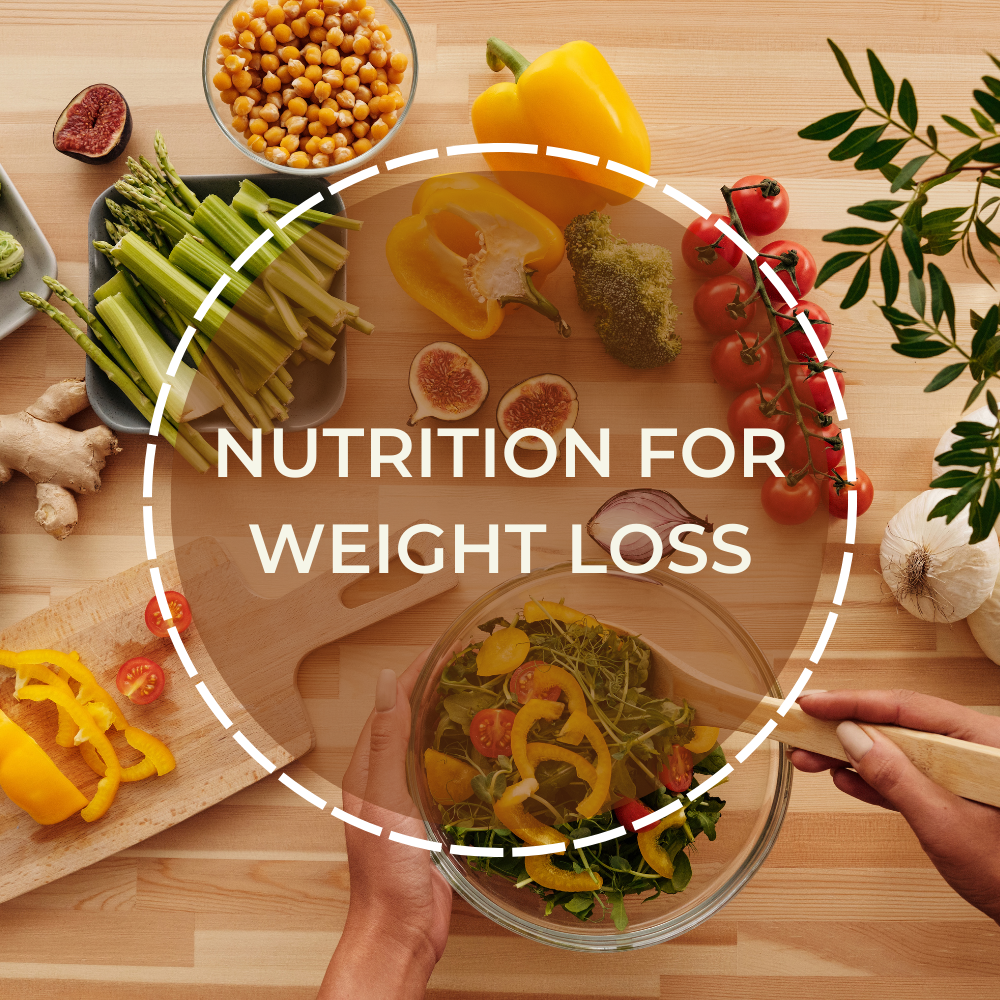
4 Effective Diet Strategies:
- Overview of popular diets: Provide information on different types of diets (e.g., low-carb, low-fat, plant-based) and their potential benefits and drawbacks.
- Meal planning and preparation: Offer practical tips for planning and preparing meals ahead of time to support healthy eating habits.
- Understanding food labels: Teach readers how to read and interpret nutrition labels to make informed choices about their food.
- Mindful eating: Discuss the importance of paying attention to hunger and fullness cues and eating with awareness to prevent overeating.
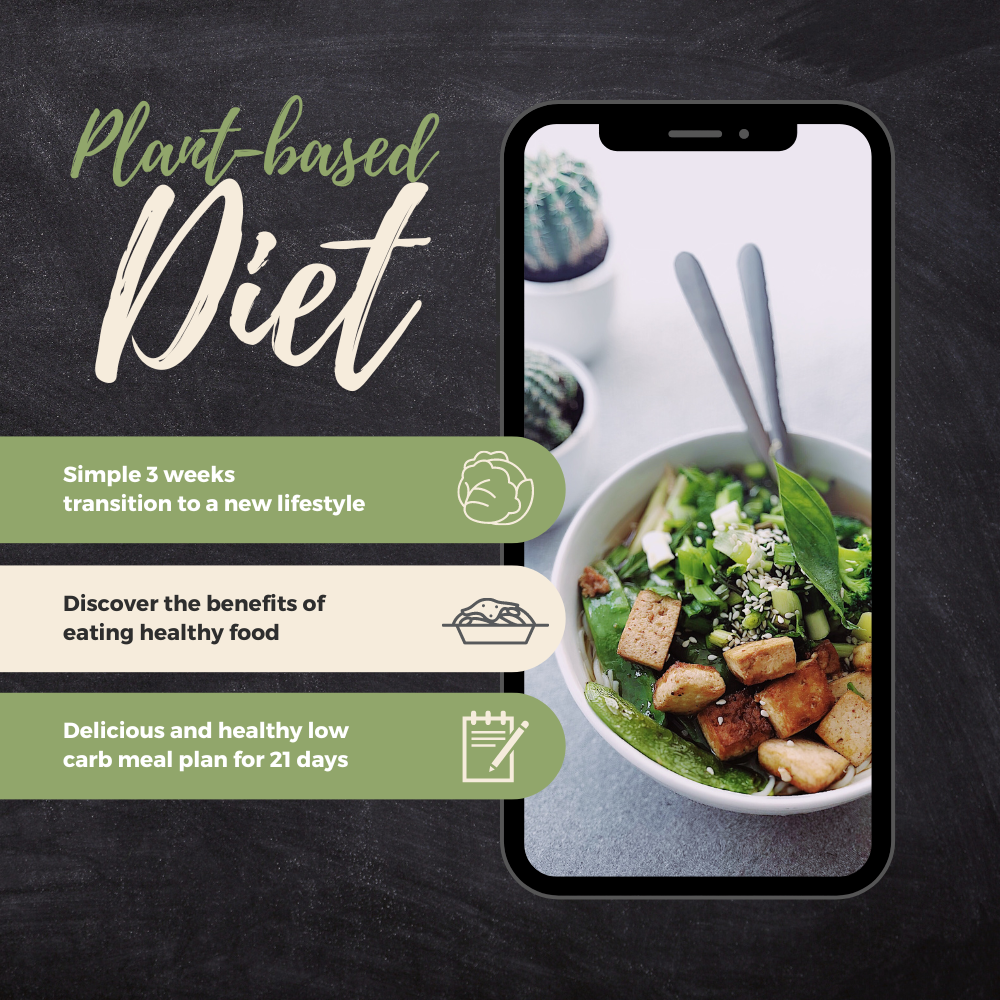
5. Exercise and Physical Activity:
- Importance of exercise: Explain how regular physical activity can support weight loss, improve metabolism, and enhance overall health.
- Types of exercise: Provide information on different types of exercise, including cardiovascular, strength training, and flexibility exercises, and their respective benefits.
- Designing a workout plan: Help readers create a personalized exercise plan based on their fitness level, goals, and preferences.
- Incorporating physical activity: Offer practical tips for incorporating more movement into daily life, such as taking the stairs, walking or biking instead of driving, and participating in active hobbies.
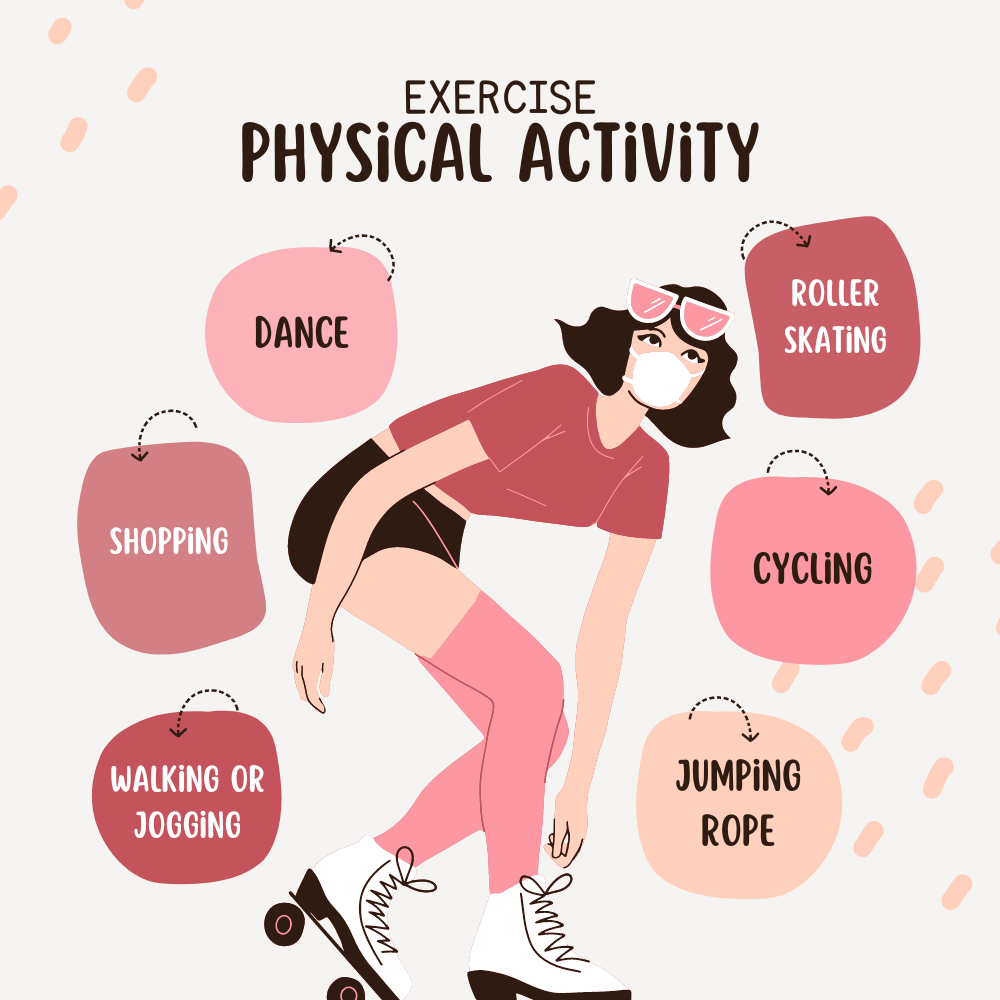
6. Lifestyle Factors:
- Stress management: Discuss the impact of stress on weight and provide strategies for managing stress effectively, such as deep breathing, meditation, and engaging in relaxing activities.
- Sleep hygiene: Explain how inadequate sleep can affect weight and offer tips for improving sleep quality, such as establishing a regular sleep schedule, creating a relaxing bedtime routine, and optimizing sleep environment.
- Social support: Highlight the importance of having a supportive network of friends and family members and offer suggestions for building and maintaining supportive relationships.
- Motivation and commitment: Provide strategies for staying motivated and committed to weight loss goals, such as setting SMART goals, visualizing success, and rewarding progress.
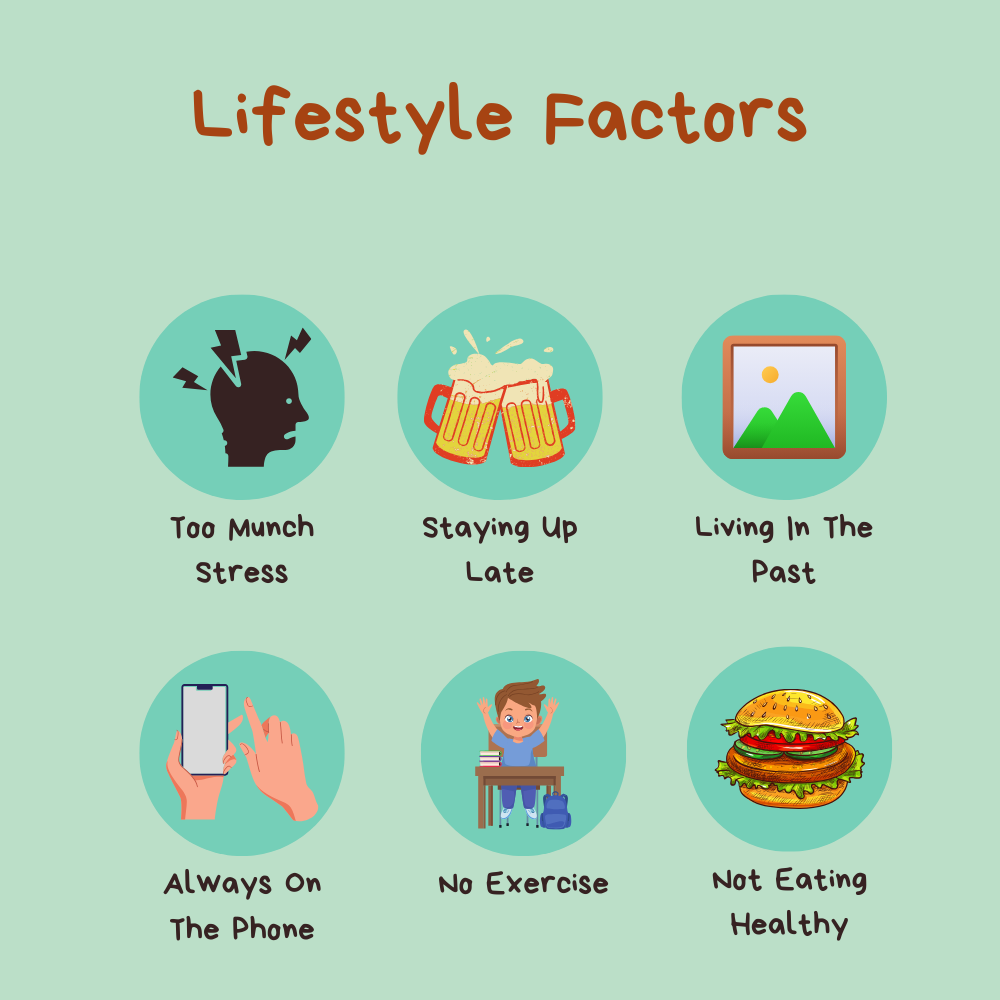
7. Behavioral Changes:
- Setting SMART goals: Explain the concept of SMART goals (Specific, Measurable, Achievable, Relevant, Time-bound) and how to apply them to weight loss.
- Tracking progress: Encourage readers to track their progress using methods such as food journals, exercise logs, and measurements to stay accountable and monitor their success.
- Challenging negative thoughts: Teach cognitive-behavioral techniques for identifying and challenging negative thoughts and beliefs that may interfere with weight loss efforts.
- Cultivating self-compassion: Emphasize the importance of being kind to oneself and practicing self-compassion, especially during challenging times in the weight loss journey.
- Celebrating achievements: Encourage celebrating milestones and achievements along the way to stay motivated and reinforce positive behaviors.
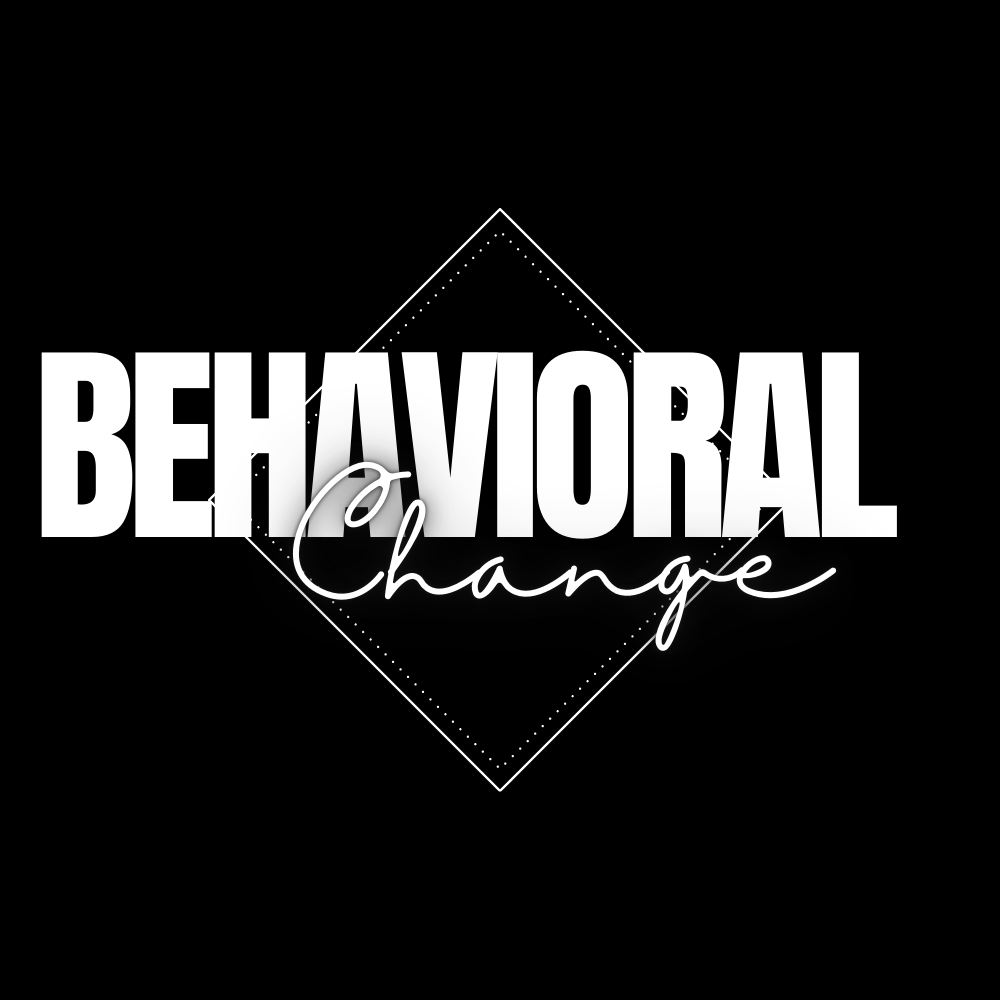
8. Supplement and Weight Loss Aids:
- Overview of weight loss supplements: Provide information on popular weight loss supplements, including their purported benefits, potential side effects, and evidence supporting their use.
- Safety considerations: Caution readers about the potential risks associated with weight loss supplements and advise consulting with a healthcare professional before starting any new supplement regimen.

9. Psychological Support and Counseling:
- The role of therapy: Discuss the benefits of therapy and counseling for addressing underlying emotional issues related to food, body image, and self-esteem.
- Cognitive-behavioral techniques: Introduce cognitive-behavioral techniques for changing unhealthy habits and patterns, such as cognitive restructuring, behavior modification, and stress management.
- Seeking professional help: Encourage readers to seek professional help from therapists, counselors, or support groups if they are struggling with emotional or psychological barriers to weight loss.

10. Maintenance and Long-Term Success:
- Transitioning to maintenance: Discuss the importance of transitioning from weight loss to weight maintenance and provide strategies for preventing weight regain.
- Establishing healthy habits: Offer tips for establishing and maintaining healthy habits for long-term success, such as continuing to track progress, staying active, and practicing self-care.
- Seeking ongoing support: Encourage readers to seek ongoing support from healthcare professionals, friends, family members, or support groups to help them stay accountable and motivated.
- 11.Conclusion:
- Recap of key points: Summarize the main points covered in the guide, emphasizing the importance of safety, sustainability, and personalized approaches to weight loss.
- Encouragement and motivation: Offer words of encouragement and motivation to readers embarking on their weight loss journey, reminding them that change is possible with dedication and perseverance.
- Commitment to continued health: Reinforce the importance of prioritizing health and well-being beyond weight loss, encouraging readers to continue making positive choices for their overall health and happiness.
FREQUENTLY ASKED QUESTIONS (FAQ) AND ANSWERS
Q: Is it possible to lose weight fast and safely?
A: Yes, it’s possible to lose weight quickly while still prioritizing safety and health. However, it’s important to approach rapid weight loss with caution and ensure you’re following a balanced and sustainable plan.
Q: How much weight can I expect to lose per week?
A: A safe and sustainable rate of weight loss is typically 1-2 pounds per week. While some individuals may experience greater initial weight loss, it’s important to focus on long-term habits rather than quick fixes.
Q: What should I eat to lose weight fast?
A: Focus on whole, nutrient-dense foods such as fruits, vegetables, lean proteins, and whole grains. Avoid processed foods high in sugar and unhealthy fats. Portion control is also crucial for weight loss success.
Q: Is exercise necessary for fast weight loss?
A: While diet plays a significant role in weight loss, exercise is important for both overall health and boosting calorie expenditure. Incorporate a mix of cardio and strength training exercises into your routine for optimal results.
Q: Are there any supplements or pills that can help with fast weight loss?
A: While some supplements may claim to aid in weight loss, it’s important to be cautious and consult with a healthcare professional before taking any supplements. There is no magic pill for weight loss, and sustainable results are achieved through healthy eating and regular exercise.
Q: How can I stay motivated during my weight loss journey?
A: Set realistic goals, track your progress, and celebrate your achievements along the way. Surround yourself with support from friends, family, or a weight loss group. Focus on the positive changes you’re making for your health and well-being.
Q: Is it safe to follow a very low-calorie diet for fast weight loss?
A: Very low-calorie diets can be effective for rapid weight loss under medical supervision, but they are not suitable for everyone and should only be followed for short periods. It’s important to ensure you’re still getting essential nutrients and meeting your body’s needs.
Q: How do I know if I’m losing weight too quickly?
A: Signs of excessive or unhealthy weight loss include feeling weak or fatigued, hair loss, irregular menstrual cycles (for women), and nutrient deficiencies. If you experience any concerning symptoms, consult with a healthcare professional.
Q: Can I lose weight fast and safely if I have medical conditions such as diabetes or high blood pressure?
A: If you have underlying health conditions, it’s essential to consult with a healthcare professional before starting any weight loss program. They can provide personalized guidance and ensure you’re making safe and appropriate choices for your health.